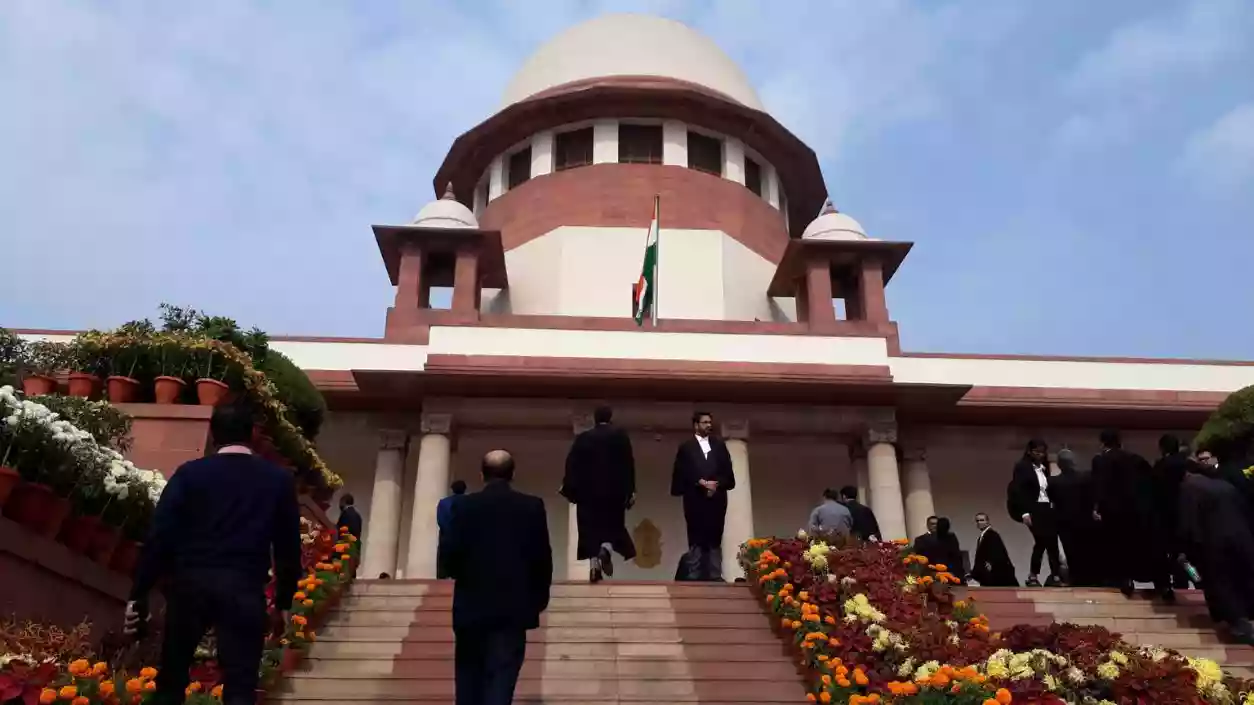CPI(M) leader beaten on road in Kharagpur for protesting wall demolition, shirt torn
.gif)
.gif)

The Supreme Court of India, presided over by Chief Justice D. Y. Chandrachud, has upheld the constitutional validity of Section 6A of the Citizenship Act, 1955. This landmark ruling arises from multiple petitions questioning the legitimacy of the section, which was introduced to implement the Assam Accord of 1985 and serves as the foundation for the National Register of Citizens (NRC) in Assam, established in 2019.
The Constitution Bench, comprising Justices Surya Kant, M.M. Sundresh, J. B. Pardiwala, and Manoj Misra, reserved its decision after comprehensive oral arguments were presented in December. The majority opinion of the bench reaffirmed the constitutional validity of Section 6A, which allows individuals of Indian origin who migrated to Assam from specified territories before January 1, 1966, to be recognized as citizens. This provision regularizes their citizenship status and addresses historical grievances arising from the Assam movement.
Justice Pardiwala dissented, proposing that Section 6A be struck down with prospective effect. His minority opinion emphasizes the potential constitutional infirmities associated with the provision and its implications for the rights of residents in Assam, which has a diverse and complex demographic landscape.
The Supreme Court’s inquiry also extended to the Union government regarding administrative measures to combat the influx of illegal immigrants, particularly in northeastern states like Assam. Solicitor General Tushar Mehta highlighted the difficulty in obtaining accurate data on illegal immigrants due to their clandestine entry into India. This acknowledgment points to the broader challenge of managing immigration and the sensitive socio-political ramifications of citizenship laws in the region.
Section 6A not only stipulates citizenship for those who arrived in Assam before 1966 but also sets March 24, 1971, as the cutoff date for identifying illegal immigrants. This date is significant as it marks the beginning of the Bangladesh Liberation War, which resulted in a massive influx of refugees into India, particularly in Assam, altering the region’s demographic composition.
The legal challenges against Section 6A raised concerns about its potential discriminatory impact on certain communities, particularly regarding the NRC process, which could jeopardize the citizenship status of residents. The Supreme Court's ruling reinforces the contentious nature of citizenship laws in India, which have long been debated in the context of national identity and social justice.
This ruling resonates with historical legal challenges surrounding citizenship, drawing parallels to the Dred Scott v. Sandford case in the United States, where the Supreme Court ruled on the status of African Americans as citizens.